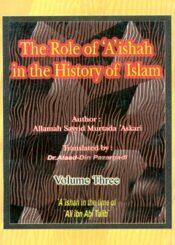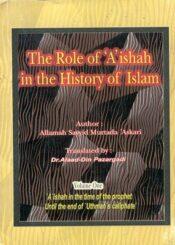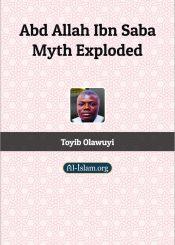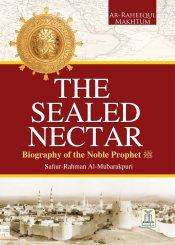The Role of Aishah in the History of Islam /Volume 2
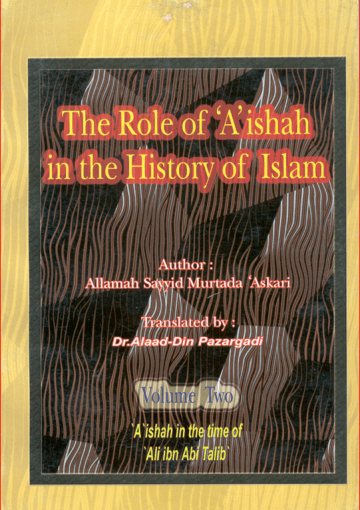
The Role of Aishah in the History of Islam /Volume 2
Author :
Interpreter :
Publisher :
Publish location :
Iran
Number of volumes :
3
Publish number :
first
Publication year :
2006
(0 Votes)
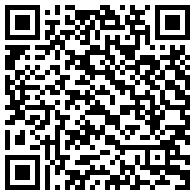
(0 Votes)
The Role of Aishah in the History of Islam /Volume 2
How did ʿĀʾishah’s choices shape the course of early Islamic history after Prophet Muhammad (peace be upon him and his Family)? The Role of ʿĀʾishah in the History of Islam (Vol. 2) examines her political and historical influence during the caliphate of Imam Ali (ʿa), offering a detailed, source-based narrative.
About the Book Authored by Allamah Sayyid Murtada Askari and translated into English by Dr. ʿAlaʾ ad-Din Pazargadi, this volume was first published in 2000 by Naba Publication under the editorial oversight of the Al-Hassanain Institute for Islamic Heritage and Thought. It focuses on ʿĀʾishah’s role, her political activism, and her opposition to Imam Ali (ʿa), providing historical scrutiny of her precedents, motivations, and lasting impact on Muslim history.
What You Will Discover
- A structured account of ʿĀʾishah’s life in the period following ʿUthmān ibn ʿAffān’s death, with attention to her personal background and political engagement.
- A close look at the events leading to the Battle of al-Jamal—how ʿĀʾishah initiated it and her conduct during the confrontation.
- Direct quotations revealing the political strategies, oratory, and alliances ʿĀʾishah built in her opposition to Imam Ali (ʿa).
- Analysis of her leadership and influence, examining how her actions shaped the early Muslim community and influenced subsequent historical narratives.
- Insights into how historians treat her legacy—carefully navigating between tradition, context, and scholarly evaluation.
About the Author Allamah Sayyid Murtada Askari is a respected authority in Islamic historiography and hadith studies. His method combines careful documentation, psychological insight, and rigorous critique. Translator Dr. ʿAlaʾ ad-Din Pazargadi has rendered the text with precision and readability, opening a clear window to a sensitive and complex period of Islamic history.
Who Is This Book For? This book is intended for students of early Islamic history, scholars of political-theological conflict, and readers interested in understanding how ʿĀʾishah’s role during Imam Ali’s (ʿa) period shaped Muslim memory and discourse.
